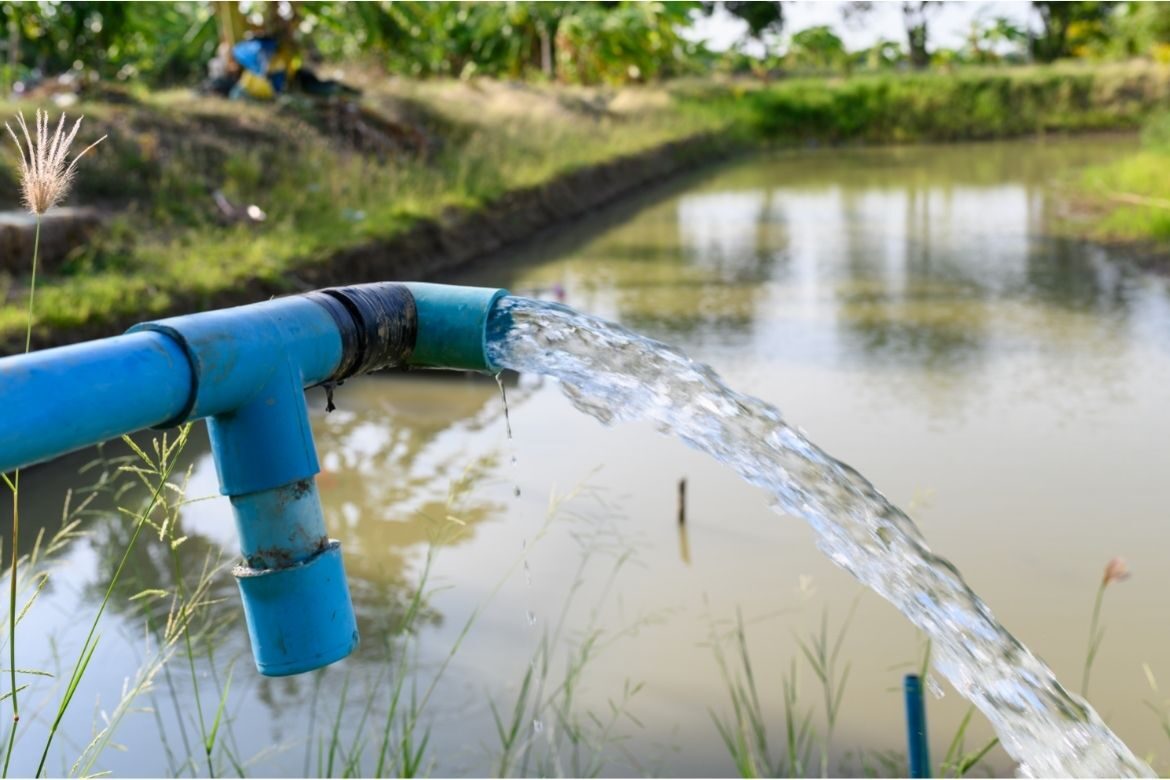A report titled Groundwater: Making the Invisible Visible was published this week. It examines the critical importance of groundwater in global food security. The review states that groundwater accounts for almost 99% of all liquid freshwater on earth. As such, it is crucial for food and water security, and the fight against poverty
The publication is part of the UN’s World Water Development Report (WWDR) by the Food and Agriculture Organisation (FAO). The FAO here estimates that the economic contribution of groundwater in agriculture is around $230 billion per year.
The report claims that, “with a projected increase of 50% in the demand for food, feed and biofuels by 2050, relative to 2012 levels, the depletion of groundwater, left unabated, threatens to undermine food security, basic water supplies and resilience to the climate crisis on a global scale.”
According to the FAO, the strong connections between the agriculture industry and groundwater mean that the sector must play a critical role in guarding against depletion.
The FAO encourages countries to consider a range of nature-based options for managing their water storage – such as natural reservoirs as well as surface water storage in flood plains, wetlands and naturally meandering rivers.
It adds that, “There is an urgent need to make agriculture more efficient. Water productivity in agriculture can be improved by reducing water losses through modernising irrigation systems, better water management and by increasing crop productivity through the use of higher yielding, nutritious crop varieties.”
The report also recommended continuous monitoring of groundwater consumption, particularly in irrigated areas serviced by non-renewable aquifers, outlining that doing so is also crucial for its sustainable use.

